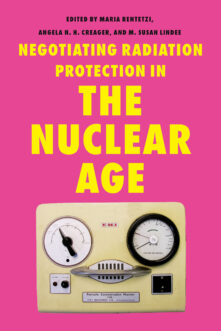Books
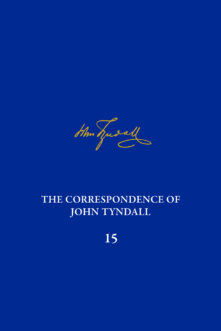
The Correspondence of John Tyndall, Volume 15
The Correspondence, November 1875-December 1877

Wallace in the Field
Ethnographic Expeditions and the Rise of Anthropology
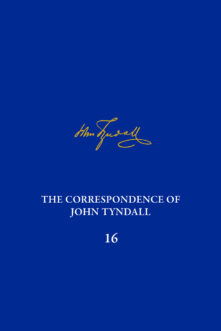
The Correspondence of John Tyndall, Volume 16
The Correspondence, January 1878-November 1881
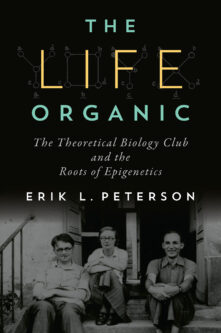
The Life Organic
The Theoretical Biology Club and the Roots of Epigenetics
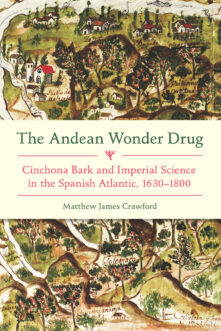
The Andean Wonder Drug
Cinchona Bark and Imperial Science in the Spanish Atlantic, 1630-1800
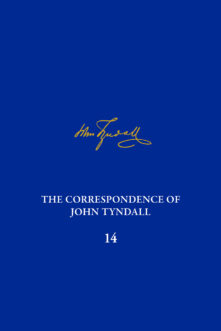
The Correspondence of John Tyndall, Volume 14
The Correspondence, October 1873–October 1875
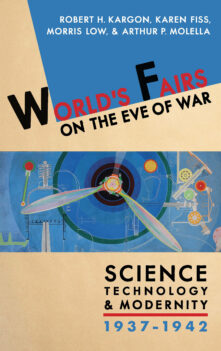
World’s Fairs on the Eve of War
Science, Technology, and Modernity, 1937–1942
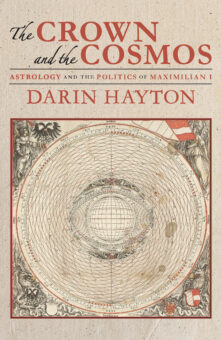
The Crown and the Cosmos
Astrology and the Politics of Maximilian I
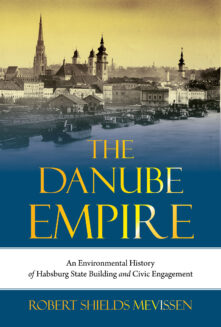
The Danube Empire
An Environmental History of Habsburg State Building and Civic Engagement
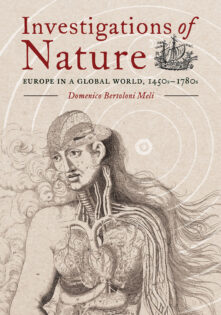
Investigations of Nature
Europe in a Global World, 1450s-1780s
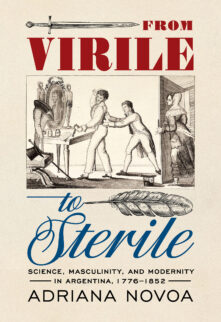
From Virile to Sterile
Science, Masculinity, and Modernity in Argentina, 1776–1852
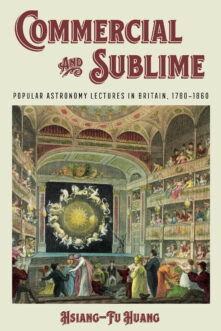
Commercial and Sublime
Popular Astronomy Lectures in Britain, 1780–1860
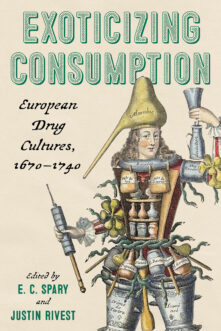
Exoticizing Consumption
European Drug Cultures, 1670-1740
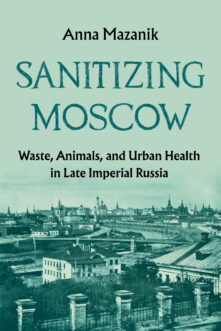
Sanitizing Moscow
Waste, Animals, and Urban Health in Late Imperial Russia
Total 140 results found.


